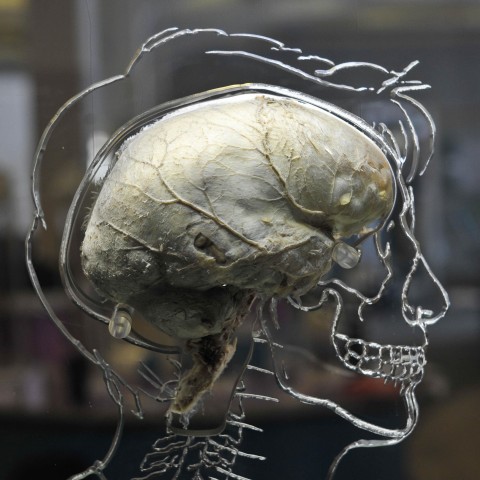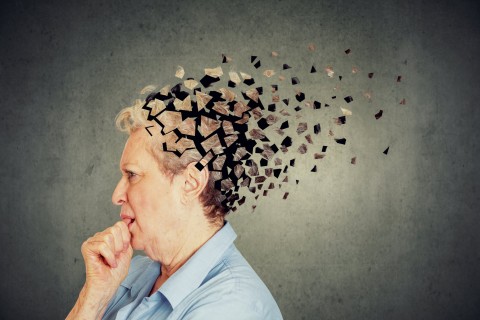Technology
study claims electrical brain stimulation may improve memory in elderly people

Electrical brain stimulation can improve memory in older people for up to one month, new research suggests.
According to a new study, 20 minutes of stimulation on four consecutive days can improve two different types of memory in those aged 65 and older.
Researchers say this non-invasive method – which uses a cap embedded with sensors – may help improve daily activities as people age.
Remembering something for a short period of time, such as a platform number when catching a train, uses working memory.
While long-term memory involves recalling something over a longer period – such as remembering where you left your car in the airport car park after a holiday.
How well each person does with each particular type of memory varies, and performance tends to decrease with age, researchers say.
Robert Reinhart and colleagues at Boston University aimed to improve both types of memory in 150 people aged between 65 and 88.
Electrical currents were delivered through electrodes in the cap worn by participants as they heard, and immediately recalled, five lists of 20 words.
The study found that after the stimulation, older people were able to remember up to six more words, with memory performance improving by more than 50%.
Professor Reinhart said: ‘We found that the electrical stimulation improved memory performance by approximately 50-65% which translates to the older individuals recalling, on average, four to six words more (out of the list of 20 words) by the end of the four-day intervention, as compared to the group of people receiving the sham or placebo stimulation.’

Researchers say the non-invasive method may help improve daily activities as people age.
On the basis of previous research, the authors targeted two specific brain regions with two distinct stimulation frequencies.
Targeting the inferior parietal lobule, near the upper back portion of the skull, at a frequency of 4 Hz was found to improve recall of the words from the end of the list – indicative of storage in working memory.
While targeting an area nearer the front of the brain at 60 Hz improved recall of words at the beginning – reflecting storage in long-term memory.
People with the lowest cognitive performance at the start of the study benefited the most from brain stimulation, researchers say.
Prof Reinhart explained that applying the current to either part of the brain showed either short-term memory or long-term memory could be improved.
He said: ‘After four consecutive days, each day consisting of only 20 minutes of stimulation, we could cause collective memory improvements that lasts for at least one month.
‘We also found that the rate of improvement during the four-day intervention predicts the size of the memory benefits after one month timeframe.
‘In other words, the memory benefits are accumulating at some rate during the four-day intervention, and this rate of improvement is highly predictive of the size of the memory benefits we see one month later.’
Prof Reinhart added: ‘We can say now that typically the effects were moderate to large and also that an overwhelming majority of participants experience the memory benefits – specifically 85% to 90% experience the memory improvements during the intervention.’
The findings are published in Nature Neuroscience.

-

 Technology2 years ago
Technology2 years agoVoIP Number: Everything You Need To Know
-

 Music2 months ago
Music2 months ago[Music] Gnash Ft Olivia O’Brien – I Hate you, I Love you
-

 Music1 month ago
Music1 month ago[INSTRUMENTAL] John Legend – All Of Me
-

 Music2 months ago
Music2 months agoAlan Walker – Faded [INSTRUMENTAL]
-

 Music1 month ago
Music1 month ago[Video] 21 Savage ft. Offset & Metro Boomin – Rap Saved Me
-

 Music1 month ago
Music1 month ago[Instrumental] Wiz Khalifa – See You Again ft. Charlie Puth
-

 ANE Stories4 months ago
ANE Stories4 months ago[STORY] AMAKA THE LESBIAN (Complete Episodes)
-

 Music2 months ago
Music2 months ago[Music] Akon – Sorry Blame It On Me






































